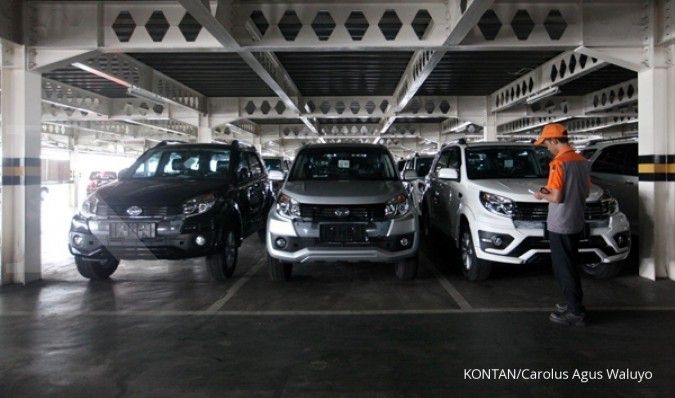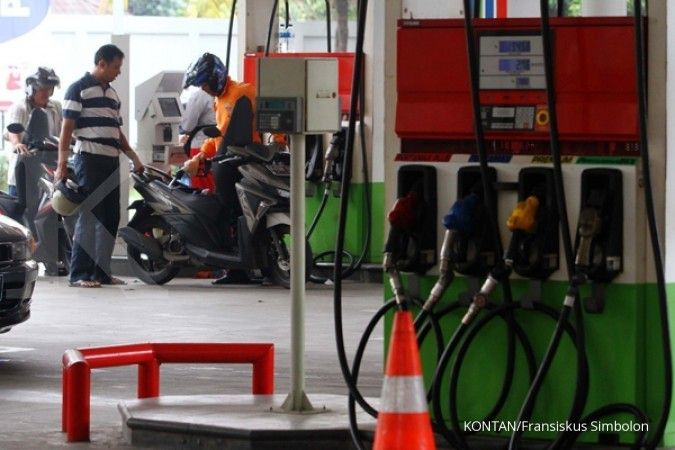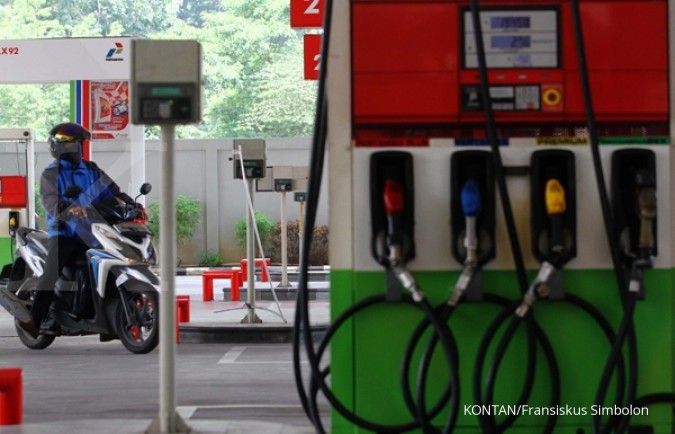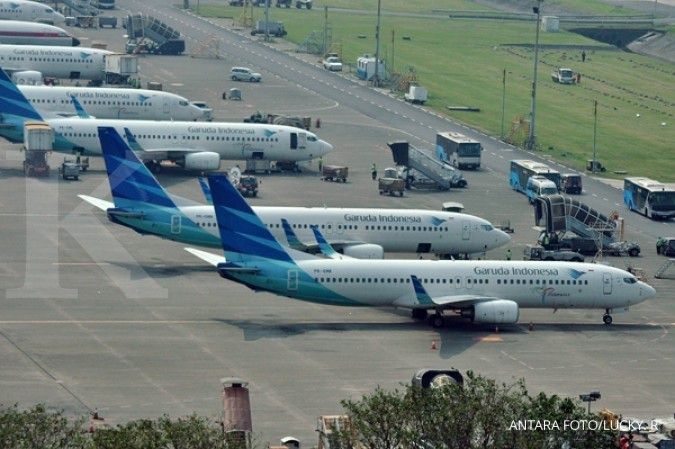JAKARTA. Pertamina has strengthened its position in the non-subsidized fuel business, further squeezing Shell and Total, thanks to the government’s unpopular decision to increase the price of subsidized fuel.
The state-owned energy giant controlled an 85.4 percent market share in the non-subsidized fuel business last year, a significant increase from 75.38 percent in 2014.
Pertamina marketing director Ahmad Bambang said the consumption of non-subsidized fuel had increased as the price gap with subsidized fuel narrowed. The gradual cut in fuel subsidies amid decreasing global oil prices was the main factor behind the situation.
"Pertamax [RON 92 type gasoline] sales rose significantly from 970,000 kiloliters to 2.5 million kiloliters. Pertadex [non-subsidized diesel] also doubled. Shell’s and Total’s market shares decreased," Ahmad said after Pertamina's annual shareholders' meeting in Jakarta on Tuesday.
Meanwhile, he continued, Pertalite—the RON 90 type of non-subsidized gasoline—registered a strong demand with 370,000 kiloliters sold last year, in less than six months after its launch in July 2015.
Since taking office in 2014, President Joko "Jokowi" Widodo has cut fuel subsidies from Rp 240 trillion ( US$17.62 billion ) to Rp 63.7 trillion in 2015 despite low global oil prices. This has led to a less significant price gap between Pertamax and Premium, the brand name of subsidized gasoline.
Currently, Pertamax is sold at Rp 7,350 per liter, while Premium is priced at Rp 6,450 per liter. Pertadex is tagged at Rp 8,100 per liter while Solar ( subsidized diesel ) is at Rp 5,150. Pertamina's closest rival, Shell, sells its gasoline and diesel at Rp 7,800 and Rp 8,350, respectively.
Pertamina recorded total fuel sales of 61.63 million kiloliters in 2015, consisting of 26.96 million kiloliters of subsidized Premium and Solar, and 34.67 million kiloliters of non-subsidized fuel. It saw $5.9 million in losses from Premium sales while gaining a $4.5 million profit from Solar sales.
Ahmad promised Pertamina would not cut the price of subsidized fuels further in the next two months, having done so on April 1. "We will not change the price during Ramadan and Idul Fitri," he said. Both Muslim festivals usually ignite demand, driving up the prices of staple goods. (Anton Hermansyah)
/2016/04/27/841585633p.jpg)













